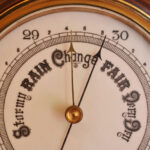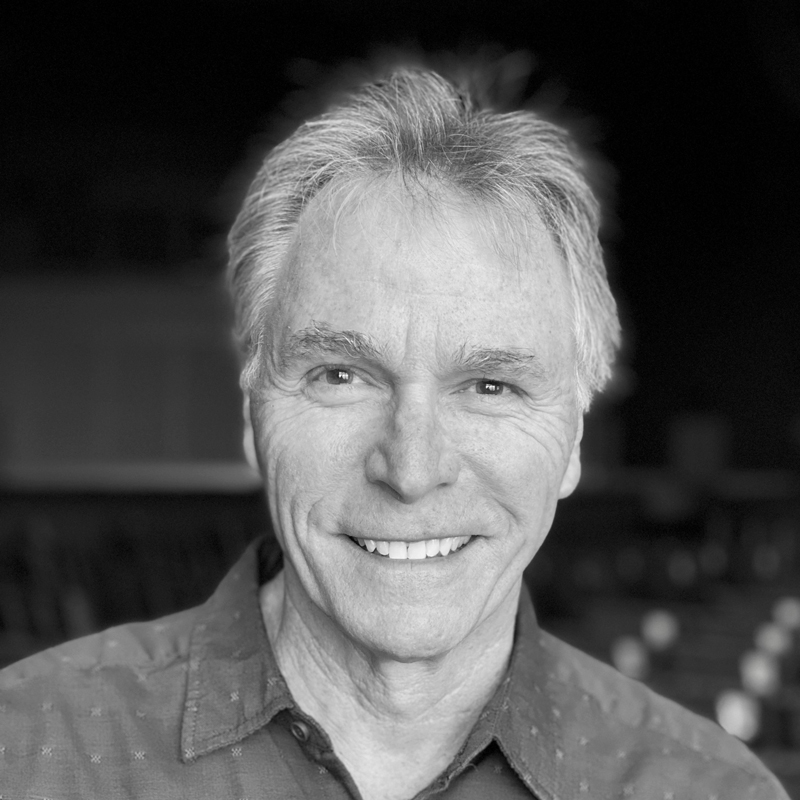Time Flies

Share this post
I ’m getting older. And so are you. And I have a theory: The older I get; the faster time goes. Call it a hunch or a sneaking suspicion. I’m not suggesting it’s related to the theory of relativity or grounded in a study from Harvard Medical School. Instead, I’ll attempt a less sophisticated explanation of the speed of life. Here’s how I picture it: When the ball reaches the top of the roof and begins rolling down the other side, it picks up speed. Like that ball, life goes faster and faster. Time flies.
Because time seems to accelerate in proportion to our age, we make pronouncements like, “Seems like only yesterday,” and “No way it’s been 10 years,” and “He looks old and tired.” Life travels beside us and through us at warp speed. Naturally, it’s easy to be caught off guard.
Today we live by the clock. Our activities and our lives are measured in precise moments. We’re time obsessed. And this obsession leaks out in everyday conversations. We take time, make time, buy time, spend time, invest time, lose time, keep time, kill time, serve time, and we FaceTime. Time is our preoccupation. Clocks are on our phones, around our wrists, in our schools, in our cars, and on the wall near the restrooms in Walmart.
You would think with such precise timekeeping capabilities we would have equal mastery over our calendars. But it doesn’t seem to work that way. Before you know it, weeks pass, then months, then years. Then you wake up one day to find you’ve lived a lifetime. The Steve Miller Band affirmed life’s progression with plain-spoken accuracy, “Time keeps on slippin’, slippin’, slippin’ into the future.”
Before you know it, weeks pass, then months, then years. Then you wake up one day to find you’ve lived a lifetime.
Every year the calendar turns over once more, and we learn to write a fresh set of four digits that represent a new year—a year we’ve yet to live. But all the while, we’re moving toward our destiny.
In his book, Prophetic Untimeliness, Os Guinness reminds us that time and this life as we know it will eventually end and so, too, will we. He writes,
Time isn’t impressed by honors, awards, or bank accounts. It isn’t fooled by cosmetics and plastic surgery, or even by exercise. The sickle keeps sweeping closer. The sands in the hourglass are fewer by the second. One day the bell will toll for each of us. And that is when our views of time and life will matter, for their truth or falsehood will make the difference in that day.
Time is the great equalizer; no one has more than twenty-four hours in every day. And no one escapes this earthly sojourn alive. But God exists outside of time. He’s not constrained by the boundaries of time. He suffers none of the consequences of time. He has no beginning or end. Eternity for God stretches in both directions—past and future.
And God invites us to experience life in a timeless eternity. Real life. A life found only in Jesus. Life with Him forever. In the meantime, we should pay careful attention to the Psalmist’s resolve and make it our own, “So teach us to number our days that we may gain a heart of wisdom.” (Ps. 90:12)



